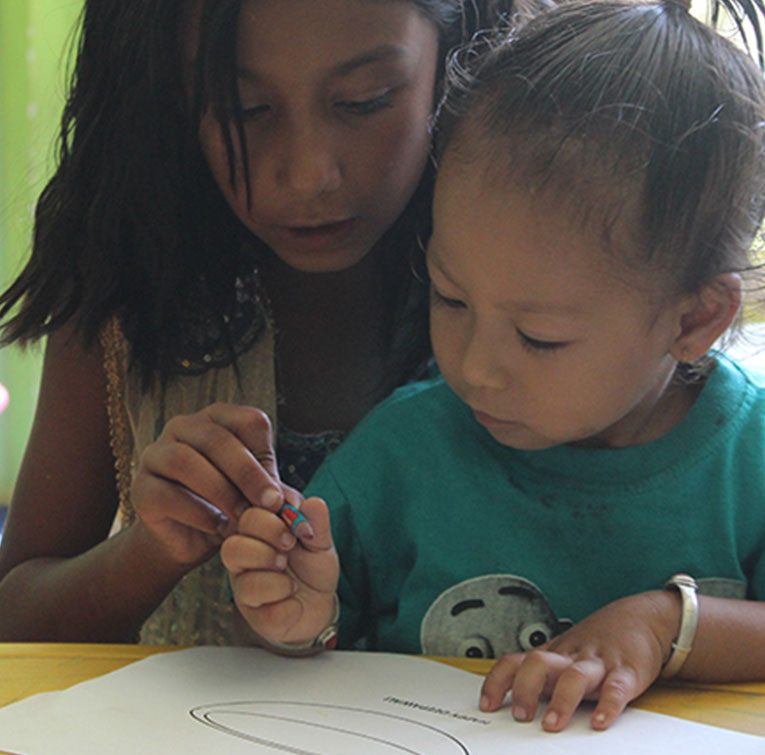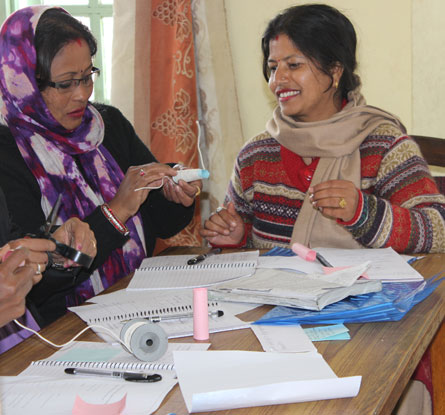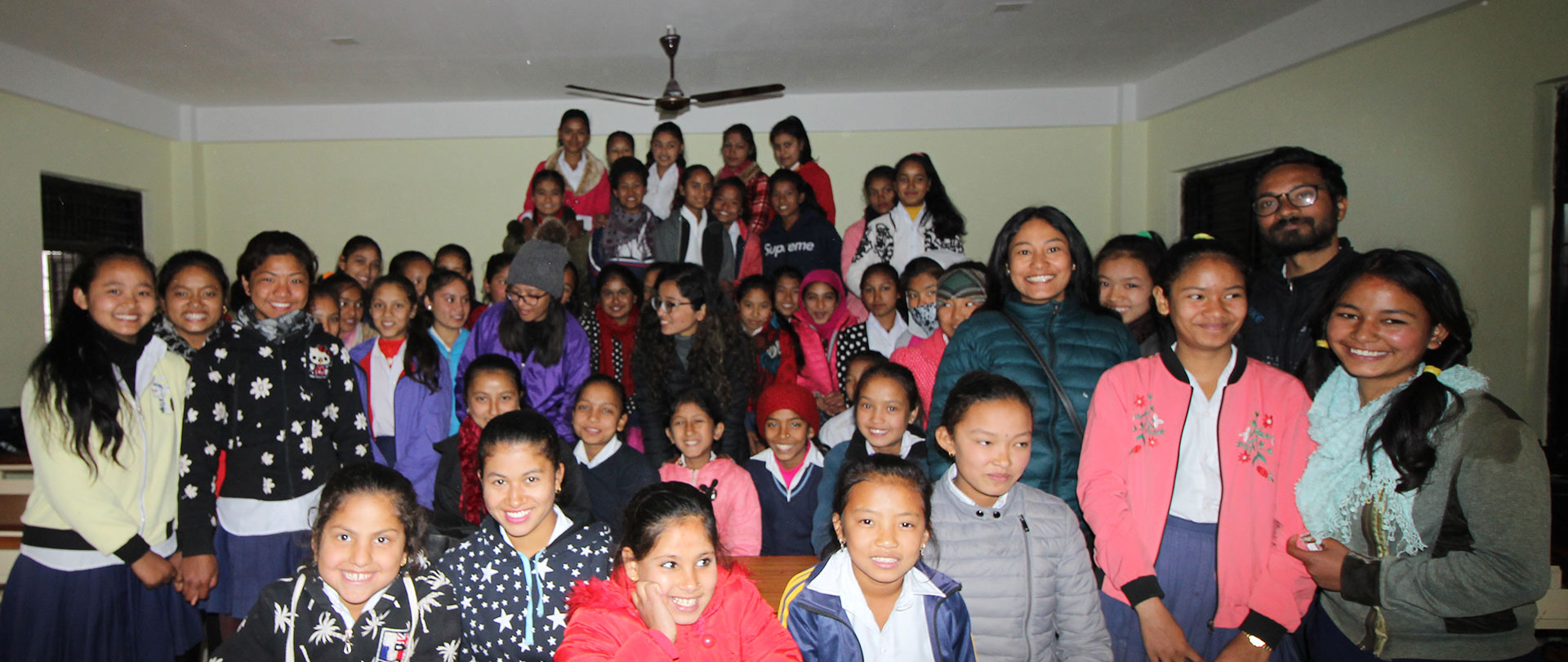Introduction
In Nepal we are working with at-risk children throughout Sindhupalchok to ensure that schools are at the heart of community development, that children can complete their education, and that they are safe from human traffickers.

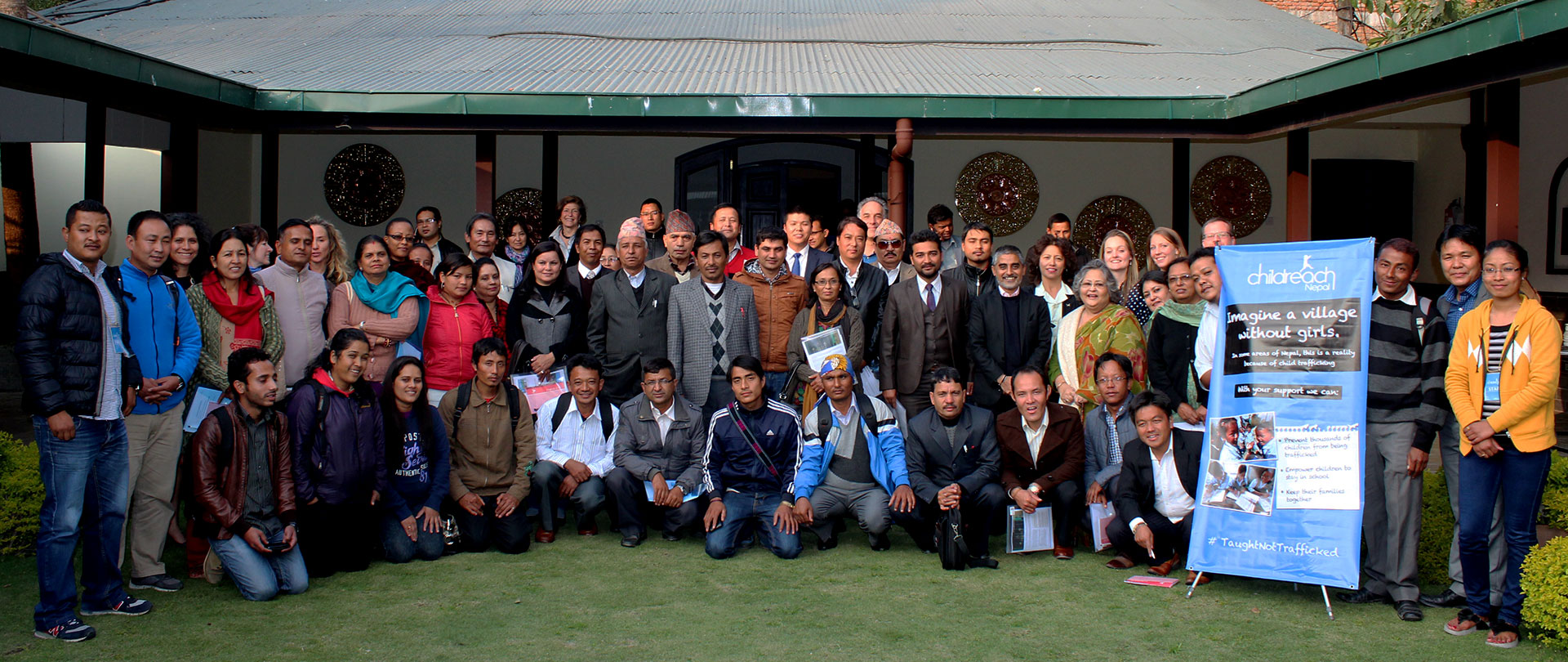
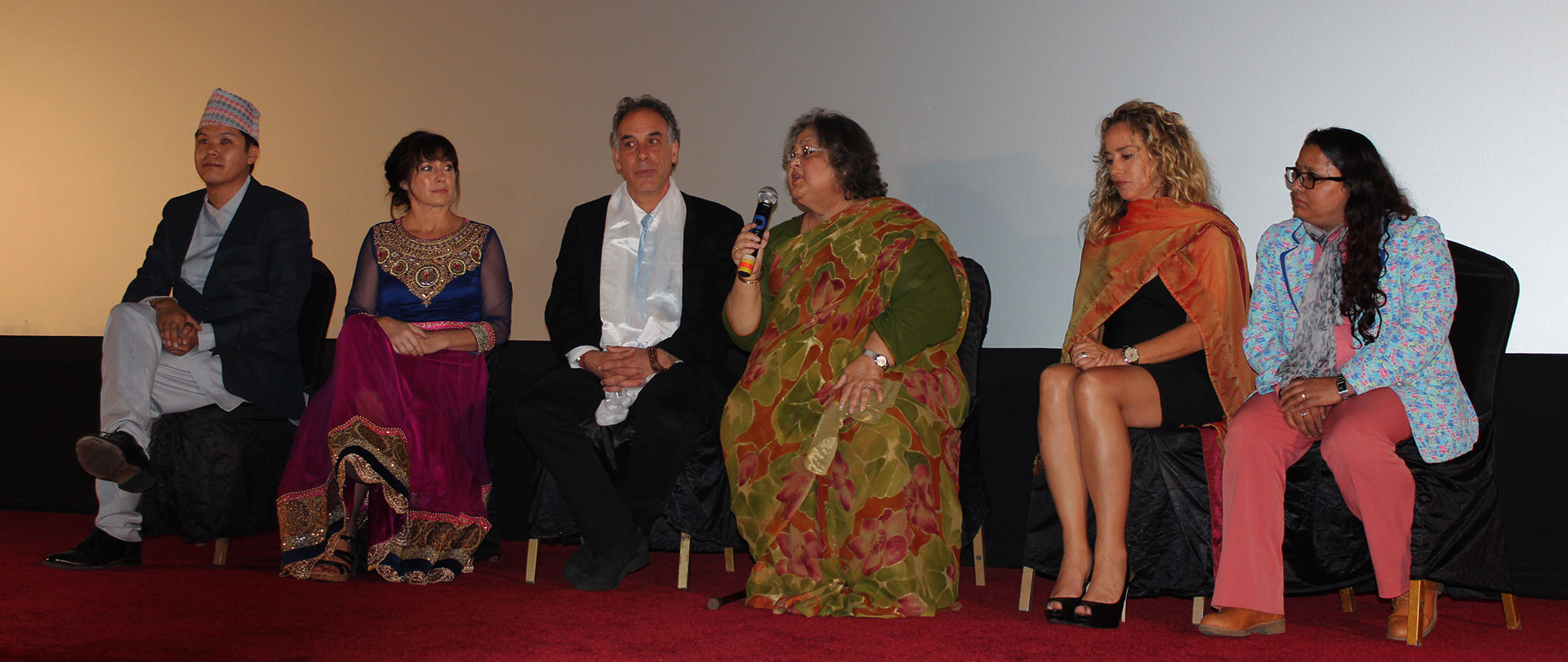
Taught, Not Trafficked combines the elements (providing teachers training to improve the quality of teaching; deliver livelihoods projects to ‘upskill’ parents and communities and support families to increase their income; establish school farms to provide sustainable school lunches; create child and youth groups to spread messages about trafficking, girls rights, and the importance of education amongst their communities; and finally teach school management committees’ to identify and address their needs and submit their findings to the government so they can access government funding) to form a holistic approach which prevents the most vulnerable children from being trafficked by ensuring children stay in school rather than dropping out through improving the quality of primary education, increasing livelihood options and incomes for their parents, and creating an enabling environment for children and their parents to prioritise education and hold decision makers accountable.
Through a strategic partnership with Shakti Samuha and Himal Innovative Development and Research (HIDR) the project works towards addressing the preventive aspect of trafficking, with focus on safeguarding children keeping them safe in schools in Sindhupalchok district and adding value to the existing anti-trafficking initiatives of the government.
A national level advocacy was also done through the Girls Education Summit where representatives from the government, non- government, corporate and media houses, private schools representatives came together and pledged to keep children especially girls safe in schools.
Additionally, a manual has also been developed in partnership with Shakti Samuha for teachers. The manual to bring about conceptual clarity on human trafficking and developing teachers as advocates through a training for Trainers. The teachers in turn will lobby with local and district government offices for effective support mechanisms in schools to keep children in school. Likewise, reference books have been developed on the rule of law and civic responsibility in partnership with HIDR to be distributed to schools and teachers as a part of the awareness campaign.
- Development of modules on rule of law and civic responsibilities and conducting TOT for teachers.
- Conduct Girls Education Summit.
- Deliver livelihoods projects to ‘upskill’ parents and communities and support families to increase their income.
- Establish school farms to provide sustainable school lunches.
- Create child and youth groups to spread messages about trafficking, girls rights, and the importance of education amongst their communities.
- Teach school management committees’ to identify and address their needs and submit their findings to the government so they can access government funding.
- Screening of the movie ‘Sold’.
Thangpalkot, Thangpaldhap and Banskharka VDCs of Sindhupalchok district.

